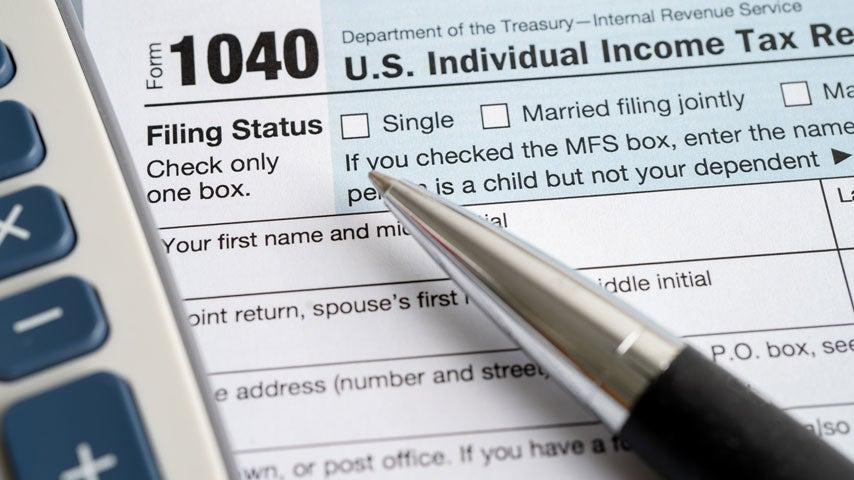
Scammers are quick to exploit emergencies to cheat people out of money, and the coronavirus pandemic unfortunately is no exception.
Follow and share these four tips to ensure you or an older adult you serve is not among their victims.
1. Beware fraudulent products claiming a cure
From special teas to essential oils to silver lozenges, numerous companies have been touting that their products have the ability to prevent or treat COVID-19. The Food & Drug Administration and the Federal Trade Commission (FTC) issued warning letters to seven companies whose advertisements made these false claims.
Remember: There currently are no approved drugs or investigational products available to prevent or cure the virus. You can report suspected scams to the National Center for Disaster Fraud hotline at 866-720-5721.
2. Don’t give money to charities you don’t know
Whenever a crisis occurs, scammers will try to draw on individual goodwill to seek “donations” for a worthy cause. It’s very easy for anyone to set up an account on crowdsourcing platforms to request support from the public.
If you would like to contribute to efforts to support those affected by the coronavirus pandemic—such as older adults who are homebound and unable to access food or medication, or those who’ve lost employment and need financial relief—be sure to research a charity first. Sites like Charity Navigator, Guidestar, and the Better Business Bureau Wise Giving Alliance provide comprehensive, vetted reviews of top charities.
3. Hang up on impostor callers
Phony callers pretending to represent a government agency were one of the top-reported scams in 2019. In 2019, more than 166,000 people complained to the FTC about fake Social Security calls, wherein victims lost a median $1,500 each.
As more Social Security offices temporarily close and the Internal Revenue Service (IRS) offers leniency on tax filing, you can bet that scammers will take advantage of these to cold call older adults and convince them to release personal information or face discontinuation of benefits.
Get a call like this? Hang up! Note that government agencies rarely contact persons by phone unless you have ongoing business with them and they never make threats about arrest or legal action.
Report suspicious calls to the SSA Office of the Inspector General by calling 1-800-269-0271, and report instances of IRS-related fraud to the Treasury Inspector General for Tax Administration at 1-800-366-4484.
4. Be wary of new investment opportunities
A biotech company you’ve never heard of is working hard on developing a vaccine for the coronavirus. If you buy company stock now, you’re sure to get a windfall when the markets go up, right?
If this sounds too good to be true, it probably is. The U.S. Securities and Exchange Commission has warned that fraudsters are using the current news to promote investments in their companies that promise dramatic returns based on so-called “research reports”. If you are looking to invest in a company, be sure to do your research and remember that investment scammers often exploit the latest crisis to make themselves rich.
Important update! NCOA received word of two additional coronavirus-related scams making the rounds:
- Fraudsters have been contacting consumers to ask for their personal information, telling them it is needed before individuals can begin to receive the stimulus checks that many consumers will receive as a result of recent legislation. The FTC notes that the government will not call and ask for information, nor require you to submit any upfront payment to receive these checks, which will be mailed in the coming weeks.
- Social Security reports that some people who receive benefits are getting fraudulent letters claiming their benefits will be suspended due to COVID-19 related office closures. Social Security is not suspending any benefits and never requests people to pay a fee to receive their benefits.



